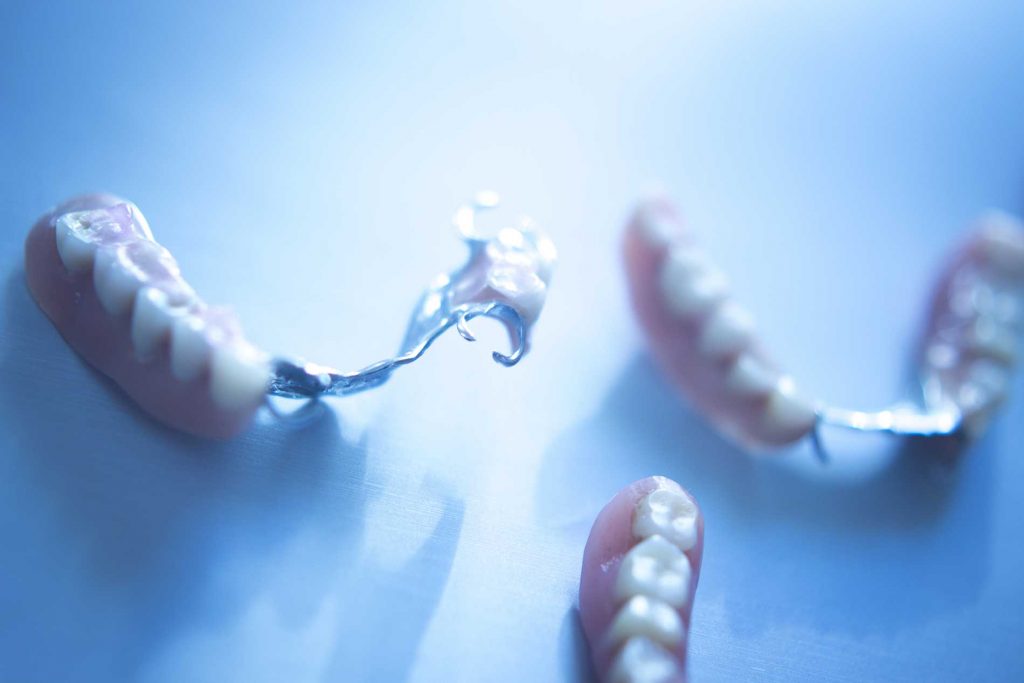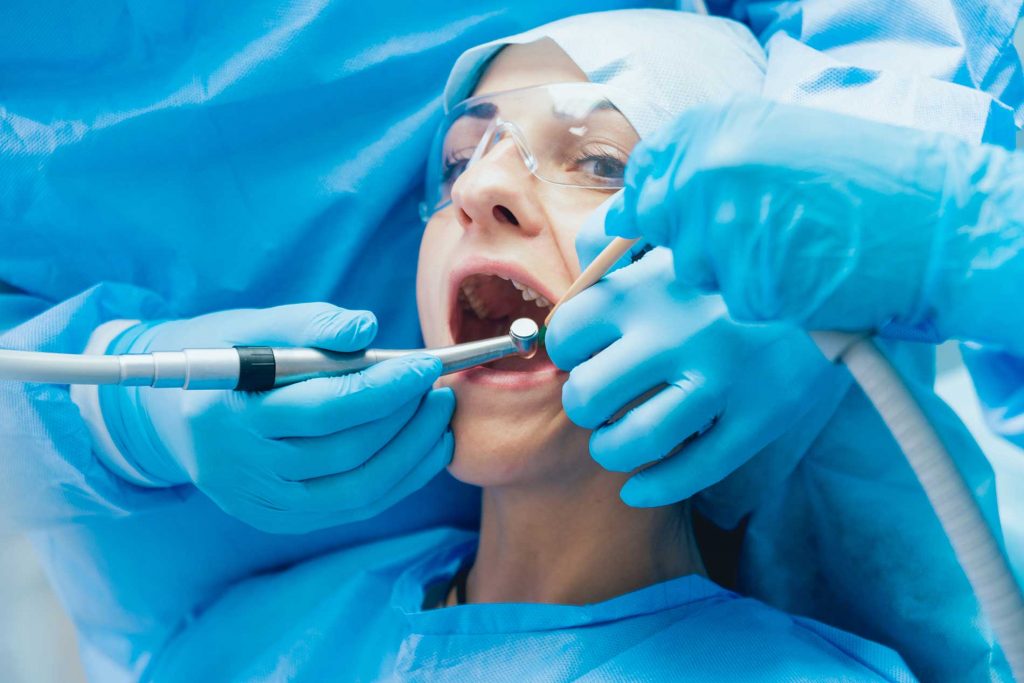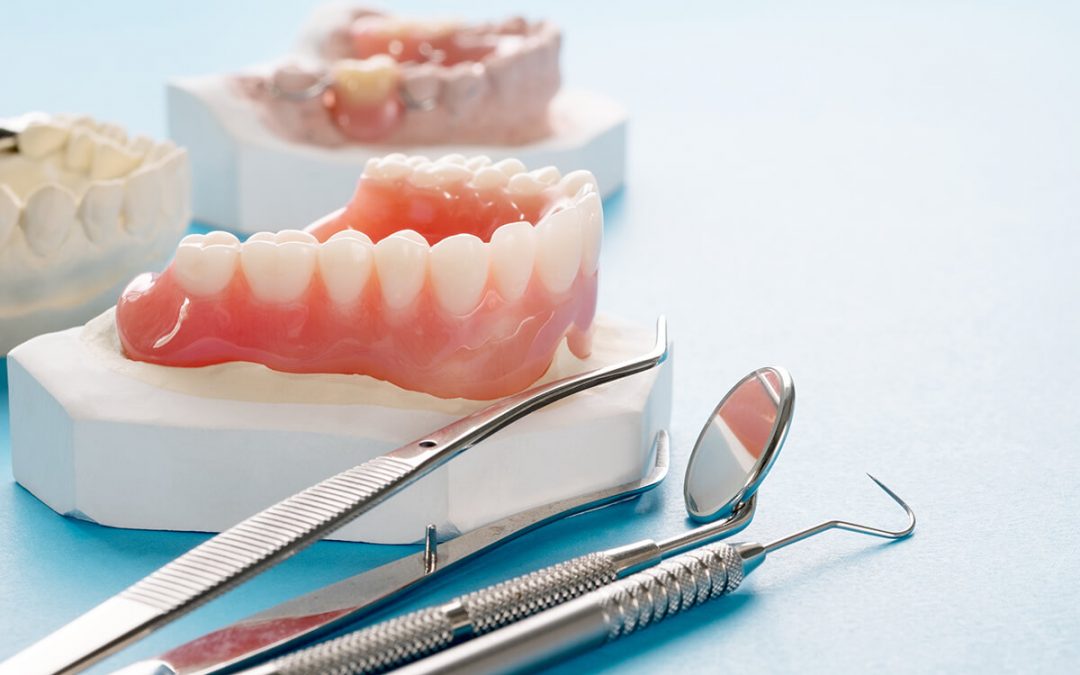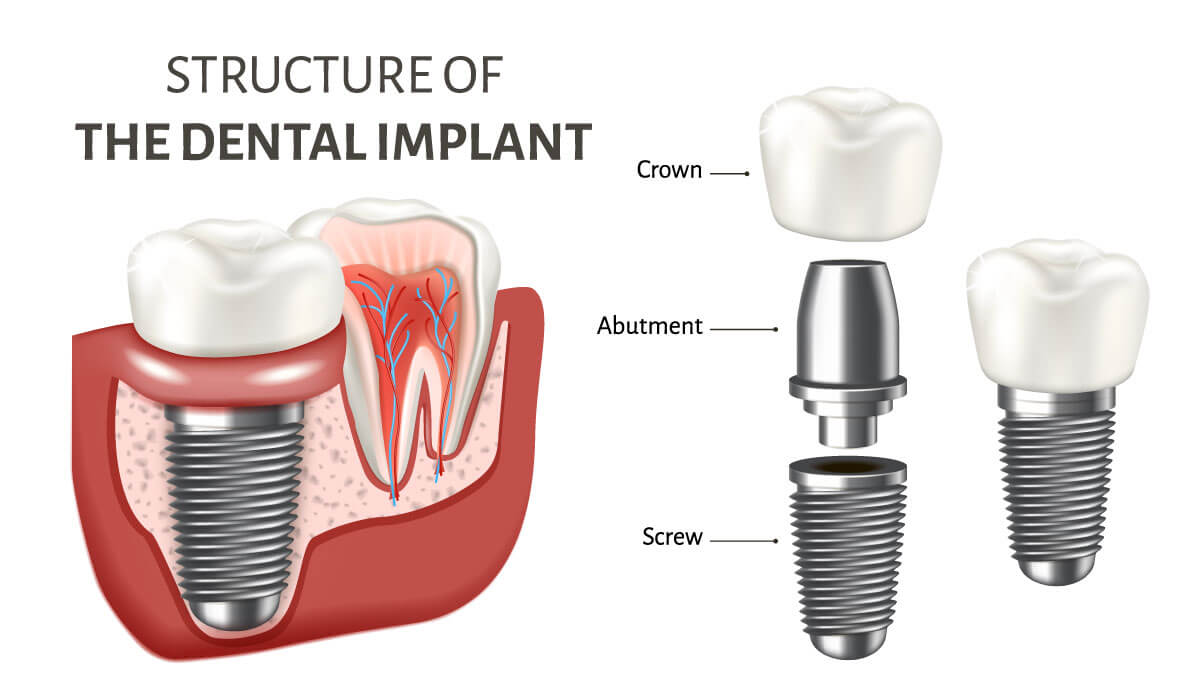


Can you add a tooth to an existing set of dentures?
Why denture materials matter

Position is an important factor
The condition of your remaining teeth also plays a role
Chat with Us

Dentures for children and young adults
- Dental trauma
- Loss of teeth
- Tooth decay due to poor oral health
- Developmental problems due to deficiencies in certain minerals such as calcium.
Types of dentures appropriate for kids
- Full dentures
It is exceedingly rare that children will need full dentures, but sometimes it is necessary if there is considerable tooth decay or damage. - Implant dentures
Generally, implant dentures are not used in children because their jaws are still growing. But, in young adults with completely developed jawbones, implant dentures can be a great option to replace either a missing tooth or several teeth. - Partial dentures
For those with few teeth, partial dentures help hold space in the mouth to preserve the health of surrounding teeth, and aid with aesthetics and functioning of the jaws. - Flexible partial dentures
Flexible partial dentures may be a good option as they tend to be less expensive than conventional rigid partial dentures. Most people also find them to be more comfortable.

Helping You Choose the Right Dentures

When Should you Consider Complete Dentures?
Gain confidence with dentures and say goodbye to poor teeth and gums. No more missing teeth or distorted teeth! Dentures come to the rescue. What are they?
Dentures are carefully created artificial teeth made out of hard resin to replace any natural teeth you have lost. Dentures could either be made for you in a complete set, or as individual teeth replacements. At the Community Denture Centre in Penticton or Oliver, BC we custom design specifically for your mouth and match all existing teeth.
In the past, dentures were made with plastic or porcelain, but today resin is used. As good as it is for a replacement, it is still as strong as your own teeth and might need to be repaired or replaced within five years.

Complete dentures, also called full dentures, are often what we think of when we imagine seeing someone putting in dentures! They have fitted on the top and bottom gum line and held down with oral adhesive or suction. They are easily removable for cleaning and replacement. With complete dentures, bothersome teeth are removed and replaced with strong, beautiful, and comfortable alternatives.
Complete dentures allow you to eat and chew without stress. They can restore a fuller and more youthful look, allowing one to feel more confident. They can boost your self-esteem. Complete dentures are also cost-effective and can last for up to ten years compared to partial dentures.
Your dentures are expertly designed to support your jawbone and facial muscles, including your lips and cheeks; this means your dentures only fit you. The focus of your denturist is to ensure the perfect fit.
Make sure to take off your dentures before you sleep as this could damage them; you also need to relax your gums. Dentures that have metal components use a denture-soaking solution to prevent them from drying out, while for non-mental components, a soak in warm water will do the trick.
Read more on Implant-Supported dentures in our first blog!
We’re Here to Help
Not sure whether dentures are right for you? Call the denturists at Community Denture Centre and book a free visit to come in and chat.

Why Choose Implant-Supported Dentures?
Are implant-supported dentures the future? Are you looking to avoid the hassle of temporary dentures? Are you unsatisfied with how unpleasant your natural teeth have aged? The comforting news of the day that you now have an option: implant-supported dentures.
An implant-supported denture is an artificial root and tooth system that not only looks like a natural tooth but functions as one too. A metal titanium implant root is surgically implanted into the jaw bone. And instead of a crown, an abutment or a post is inserted on the top (it’s a complete arch prosthesis). In simpler terms, it is a denture, joined to the abutment. This process involves 4 dental implants to hold one full denture arch in the jaw – the process is often referred to as an “All-on-4 Procedure.”

At Community Denture, we find that an implant-supported denture is a more preferable option to a traditional denture because:
Dentures securely put in place: the implant-supported denture provides a more tightly secured denture support so that there is no shifting, pinching, slipping, or irritation to the gums. These are permanent replacements for natural teeth. If you need to take one out, you visit a dentist.
Messy adhesives are not needed: Unlike traditional dentures held in place with denture adhesive that can be messy, implant-supported dentures need no adhesive. The practice of scrubbing off adhesive every night when you take off your dentures – and the expense of replacing the adhesive – is avoided.
You get to brush your teeth normally: Instead of soaking your dentures to clean them, you simply brush your teeth just how you used to.
No more food restrictions: Traditional or temporary-implanted dentures sometimes make eating difficult. You might have to avoid eating foods with seeds that can get stuck underneath or in-between the dentures, or hard food that might cause pain or damage to the dentures while chewing, or sticky foods that can detach your dentures from the gums. But with implanted dentures, all these problems go away.
Bone loss in the jaw is reduced: The jaw bone weakens when natural teeth are lost and one uses traditional dentures. But implant-supported dentures strengthen and preserve your jawbone, which can fuse to the implant and form a permanent bond.
Give Us a Call
Regain confidence in your smile with functional, well-fitting dentures from the caring and experienced denturists at Community Denture Centre. Since 1991, with 2 locations in Penticton and Oliver, BC, count on our expertise to provide for complete and partial dentures, relines, repairs and more. Call us to book a free consultation today!
